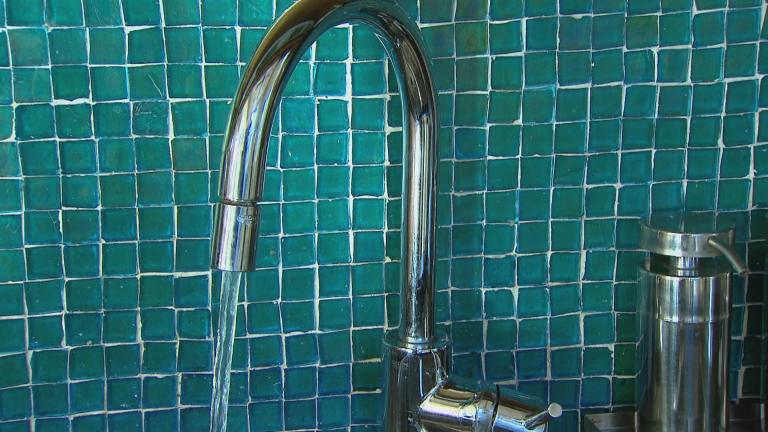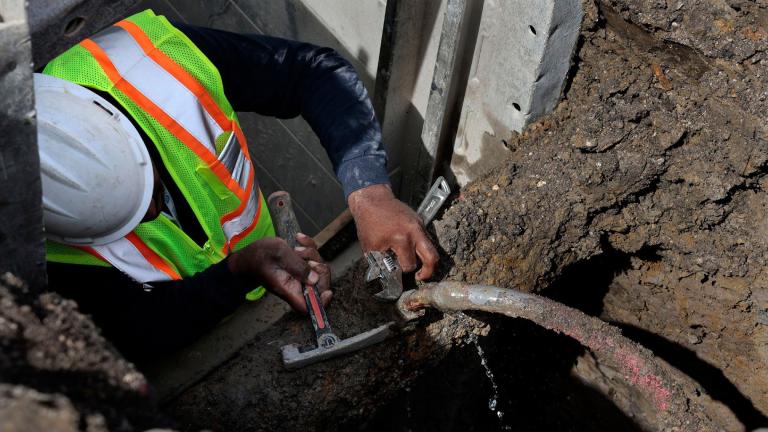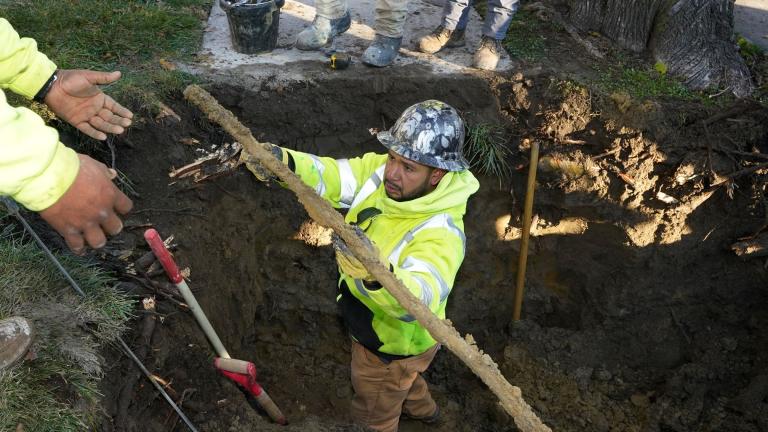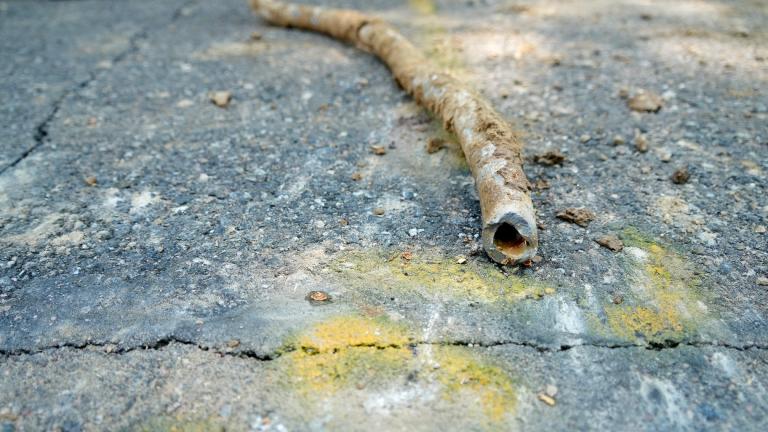Elevated lead levels in Flint, Michigan, and Newark, New Jersey, have made national news, causing growing concern over water safety in Chicago.
Mayor Lightfoot has suspended the city’s water meter installation program after samples showed higher lead levels in homes where a water meter had been recently added. Research has shown that lead levels can increase for many months, even years, if water service lines are impacted by road construction or underground plumbing repairs, including the addition of a water meter.
Below, a Q&A with three key players when it comes to Chicago’s water quality: Andrea Holthouse Putz, deputy commissioner of water supply for the Chicago Department of Water Management; Dr. Allison Arwady, chief medical officer and acting commissioner of the Chicago Department of Public Health; and Jen Walling, executive director of the Illinois Environmental Council.
Should we be concerned about lead levels in Chicago’s water?
Arwady: Chicago’s water is safe. We shouldn’t be alarmed. We’re very different from Newark. Chicago’s water continues to meet and exceed federal lead level limits. Newark was constantly exceeding those limits and also had a problem with inefficient corrosion control.
Are there similarities between the situation in Newark and what’s happening in Chicago?
Walling: Instead of Newark, I like to think of Chicago as being similar to Michigan. We are not in an emergency situation yet, but like Michigan, we have lot of old lead service lines that were installed before they were outlawed in 1986. Michigan passed a ruling that all lead service lines must be replaced within 20 years. In Wisconsin, if you replace a water main, you have to replace the lead service lines that are attached to the water main. Not the case in Illinois.
The Illinois Environmental Council has been working on a bill with Sen. Heather Steans about replacing the lead lines throughout Illinois. I’d like to see the city come on board with this bill. Illinois has one-eighth of all lead service lines in the nation! Replacing them could cost in the billions of dollars. With any water system there has to be a schedule of replacement in place. We have to start coming up with a plan to replace these lines. It’s about setting a reasonable time period under which we do them. This is going to be expensive but it will be more expensive if we just sporadically replace lead lines as problems arise.
Is it time to start prioritizing testing and solutions for lead in drinking water?
Arwady: Right now, there’s a lot of concern about lead levels in water because of Flint and Newark. However, lead poisoning is much more related to lead paint than water. Lead testing in children is mandatory and whenever a child is shown to have elevated lead in their blood, it’s reported to the Chicago Department of Public Health. We keep detailed records on this. We see spikes in areas where the housing stock hasn’t been kept up. That means elevated lead levels are tied to lead paint, not the water.
What should Chicagoans do if they’re concerned about lead in their water?
Putz: Anyone in the city who’s had a water meter recently installed is eligible for a free water filter and a free water testing kit is available for any resident in the city of Chicago. They should go to chicagowaterquality.org, click to register for water testing. But the water pitcher sets are only for people who’ve recently received water meters from the city.
Related stories:
Free Soil Tests Offered as U. of I. Studies Lead’s Impact on Urban Farming
Spotlight Politics: Murky Waters of Lead Pipe Debate
Lead Concerns Halt Chicago Water Meter Installations
Public Health Chief Addresses Lead Contamination in Chicago Homes








